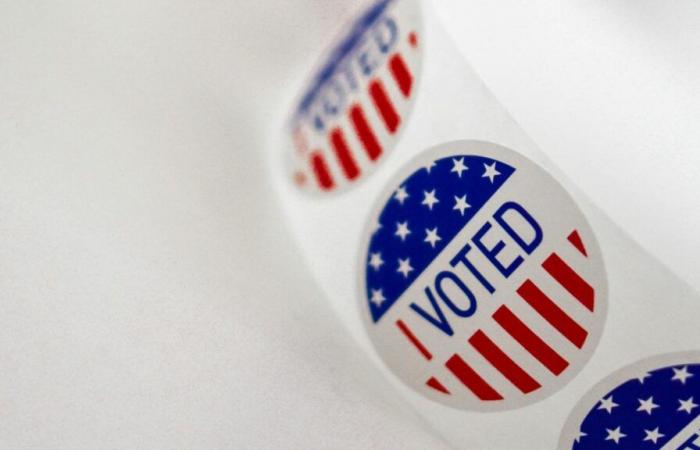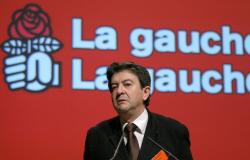
It is often called the first party in France. At each election, French politicians and observers examine abstention with particular attention. But what about in the United States? Are the Americans, who are preparing to nominate the new resident of the White House this Tuesday, November 5, going to the polls more than us?
Spoiler: no. Let's take the example of the last presidential elections on each side of the Atlantic. In 2020, for the election of Joe Biden against Donald Trump, then president, participation was 66%. Here we mean people having the right to vote, but not necessarily registered on the electoral lists. It was then the election where participation was the highest since… 1900.
Higher participation in France
For Emmanuel Macron's re-election in 2022, participation was 77.9% in the first round and 75.5% in the second. Over the last twenty years, the 2022 election is the one where abstention was the highest. In 2007, the year of the duel between Nicolas Sarkozy and Ségolène Royal, participation rose to more than 86% for both rounds.
Even when it is at a relatively low level historically, French participation remains well above that of the United States, which oscillated between 51% and 66% between 1980 and 2024.
American disinterest?
To conclude that there is a greater lack of interest in politics among Americans than among us would nevertheless be hasty. If the voting methods are different in several aspects, one parameter helps explain the difference in participation: registration on the electoral lists. In France, every citizen is automatically registered on the electoral roll at the age of 18.
In the United States, voter registration procedures vary from state to state. For example, some states require documents proving the voter's US citizenship. Others may reduce the length of time on lists. There is also the practice of “caging”, used by conservative states, which consists of removing from the lists of people who do not respond to an email. The American Civil Liberties Union (Aclu), an NGO which aims to promote voting, lists the restrictions on access to voting practiced since 2010 by different states, overwhelmingly conservative.
Where the number of non-registered people is around 5% in France, it exceeds 30% in the United States.





